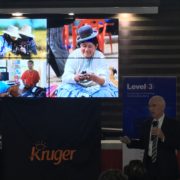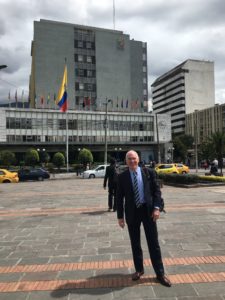Thank you to Drew Fass!
Some of the unsung heroes in our community are the community development interns who have been helping our community grow over the past several years. Often their contributions go unrecognized so we wanted to give Drew Fass a proper farewell after an amazing year. He’s completed his year-long internship and is now back to full-time studies at the University of Washington. You might not know but we’ve created a program of bringing on community development interns through the Chi Psi fraternity at the University of Washington that is now in its fifth generation.
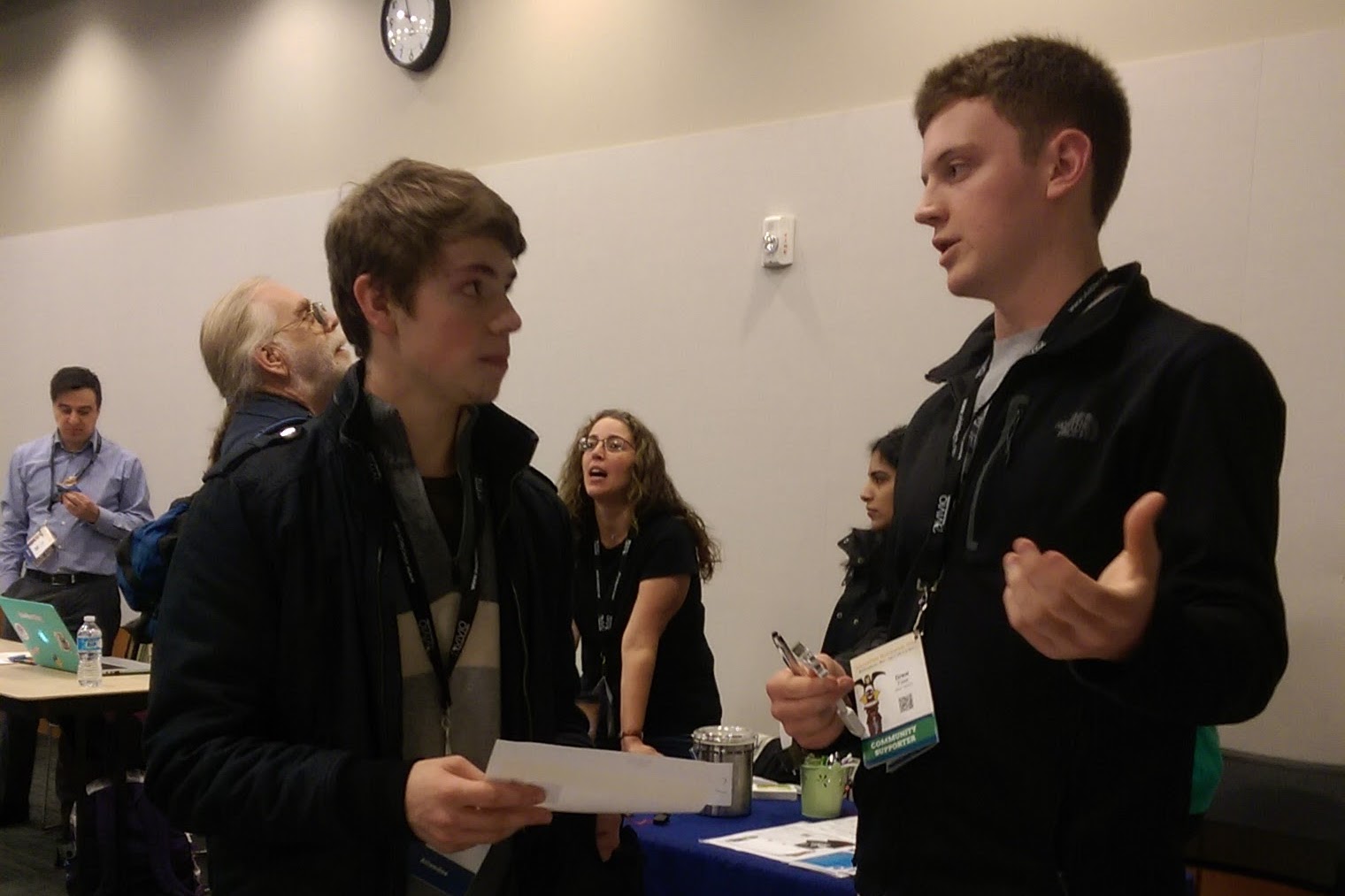
Along the way they’ve helped to formalize the procedures and programs to effectively engage with all members of our community. Starting with Braden Timm who compiled all of our contacts into Insightly, our first CRM. Ollie Janders then led the transition over to Salesforce for our CRM and contact management, while famously fighting poverty with financial inclusion with a lightsaber! Next came Andrew Mottet who streamlined and perfected the communications cycle and systematized into Google Drive templates and playbook that he used to smoothly on board Drew. Over the past six months, Drew Fass has now worked hand in hand with Jacob Kobzi as he passed over the torch.
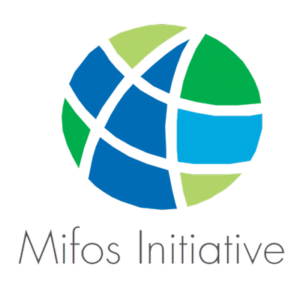
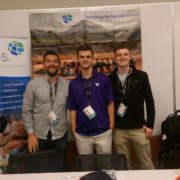
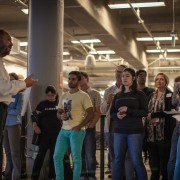
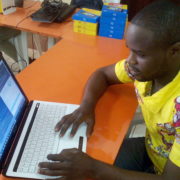
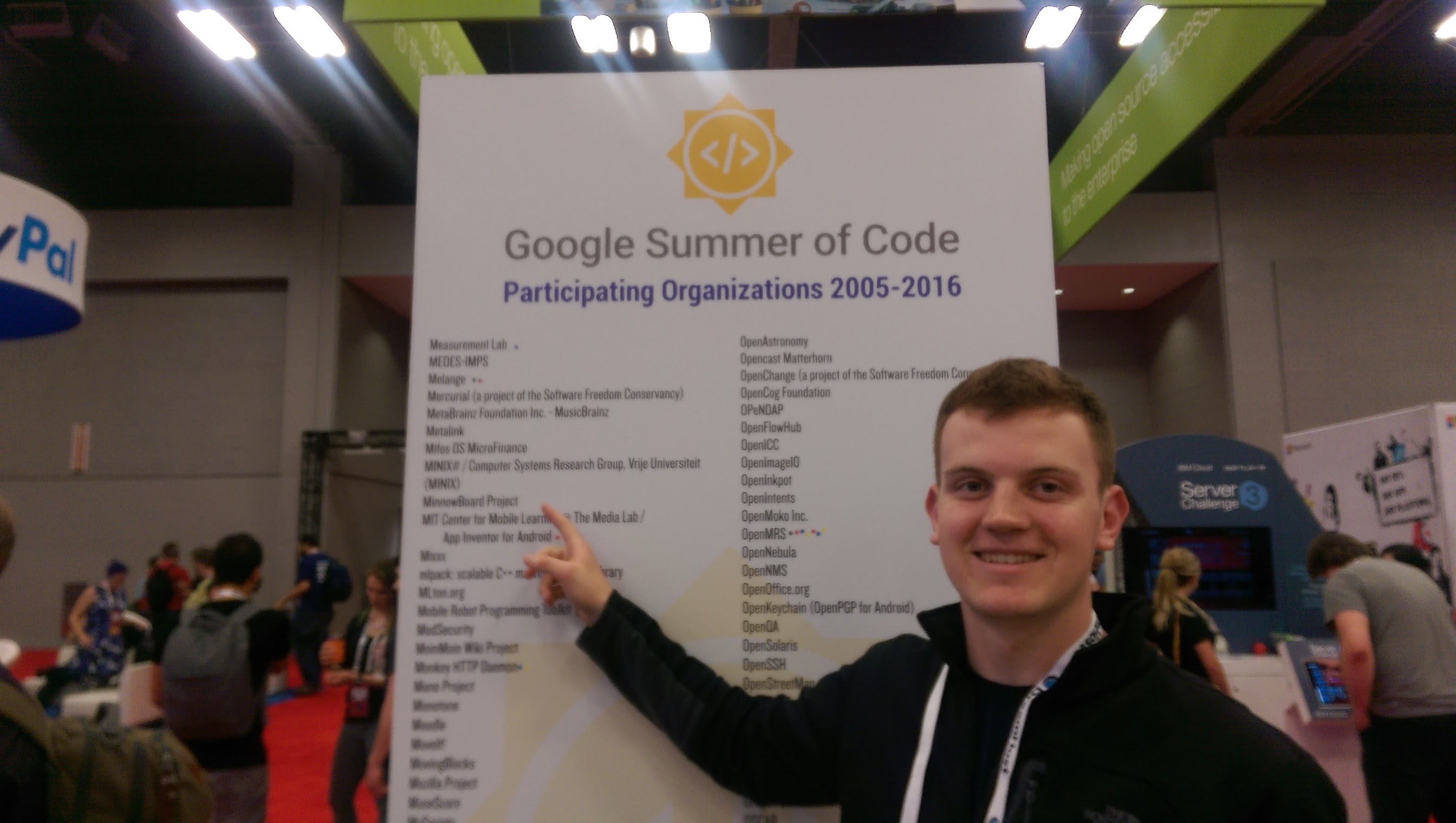 Before we recap the new features that the community will soon be able to benefit from, a round of thank you’s:
Before we recap the new features that the community will soon be able to benefit from, a round of thank you’s:
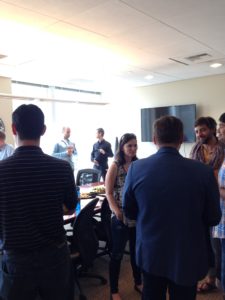 s method of Grameen Joint Style Liability lending, in which all the women in a community were jointly responsible for everyone else paying off their loan, is what our first generation of Mifos software supported. SolDevelo was a key contributor in our shift out of the Grameen Foundation into our own non-profit. They were also pivotal players in the ongoing evolution of Mifos 2, our first generation of our open source platform. Since then, they’ve continued to work closely with the Grameen Foundation and other international development NGOs on the West Coast.
s method of Grameen Joint Style Liability lending, in which all the women in a community were jointly responsible for everyone else paying off their loan, is what our first generation of Mifos software supported. SolDevelo was a key contributor in our shift out of the Grameen Foundation into our own non-profit. They were also pivotal players in the ongoing evolution of Mifos 2, our first generation of our open source platform. Since then, they’ve continued to work closely with the Grameen Foundation and other international development NGOs on the West Coast. 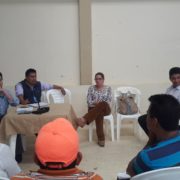
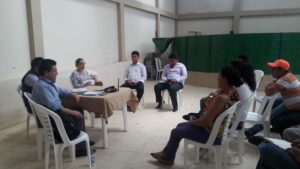 uld have on these rural areas.
uld have on these rural areas.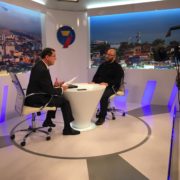
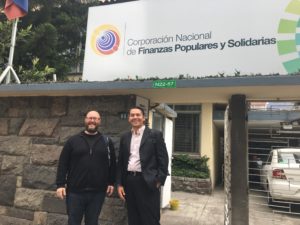
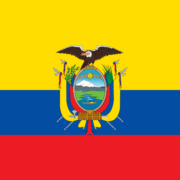
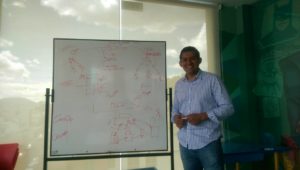
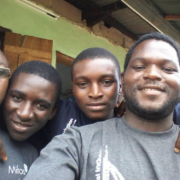
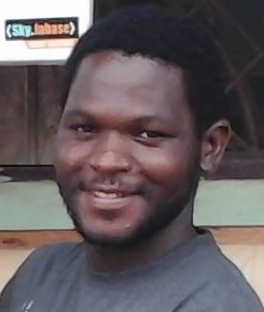 This a guest post from Ayuk Etta
This a guest post from Ayuk Etta